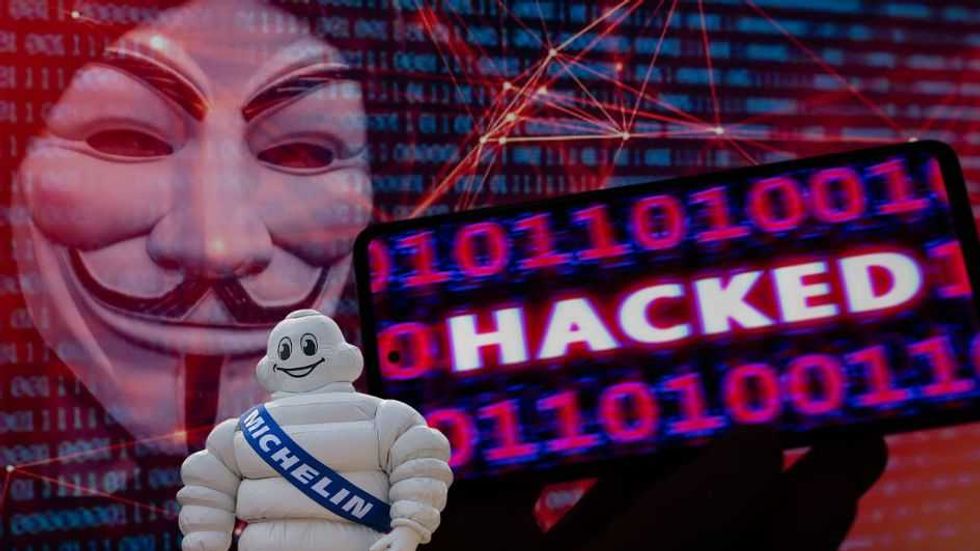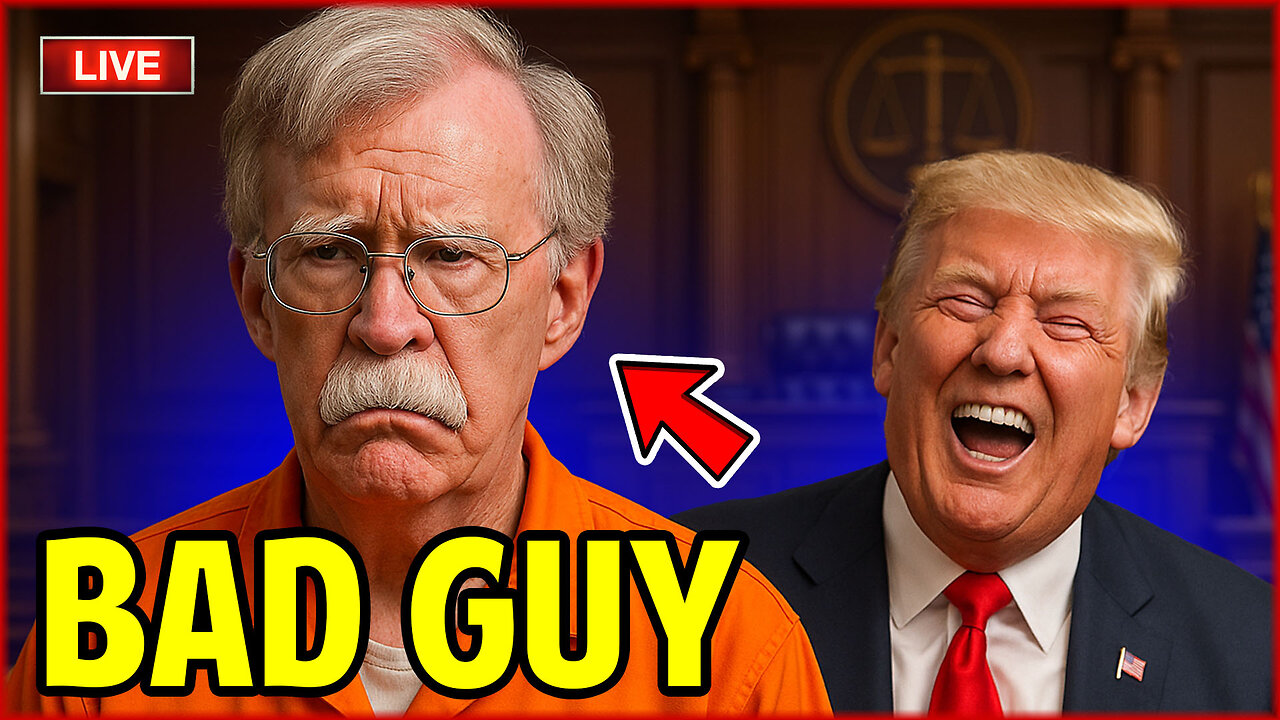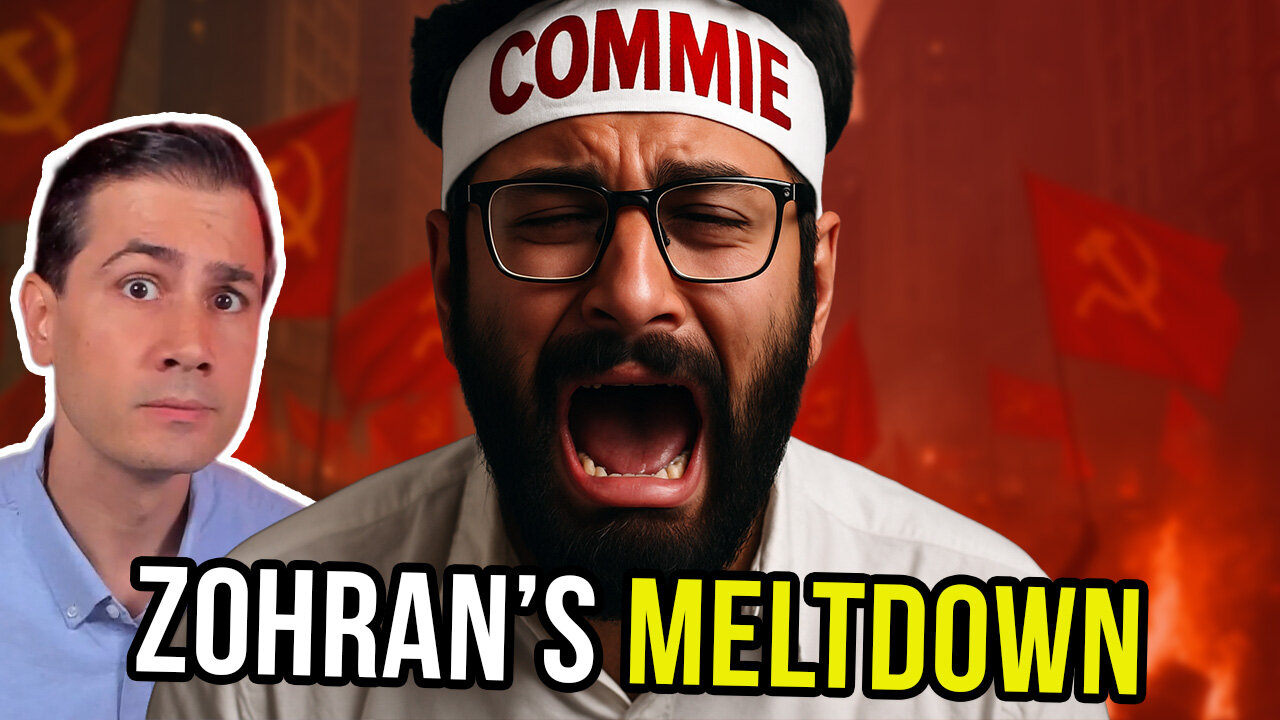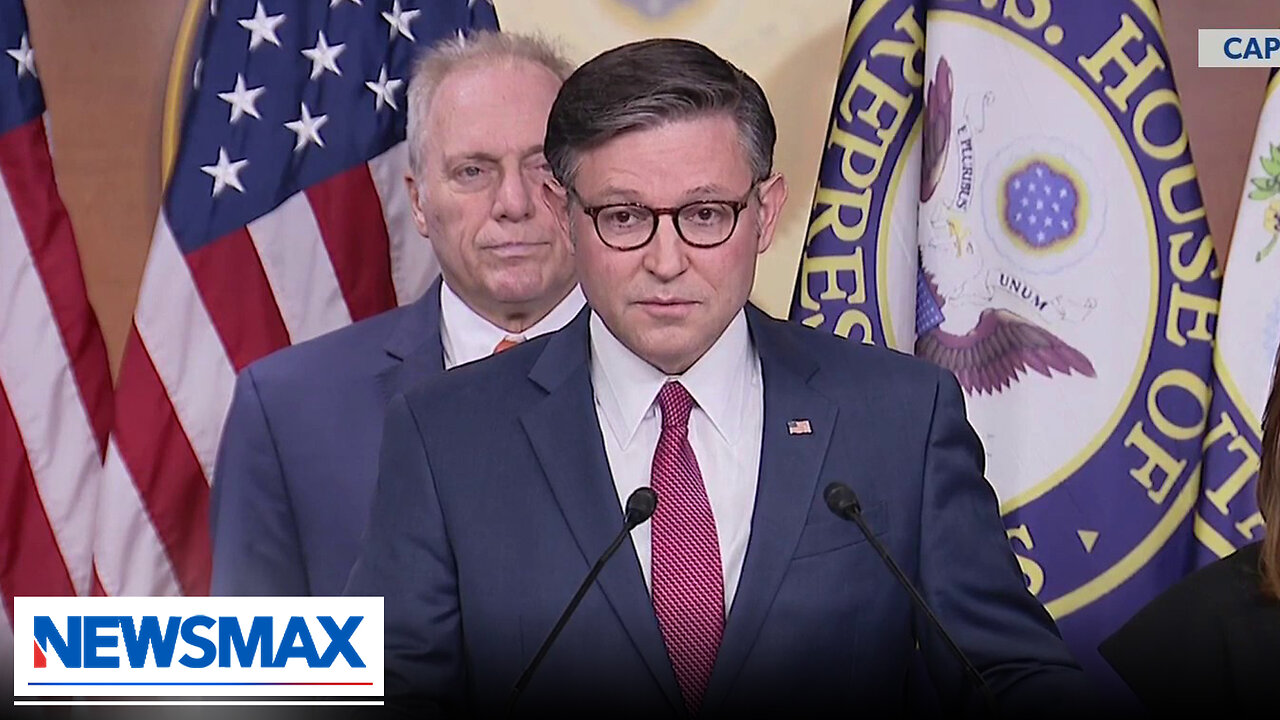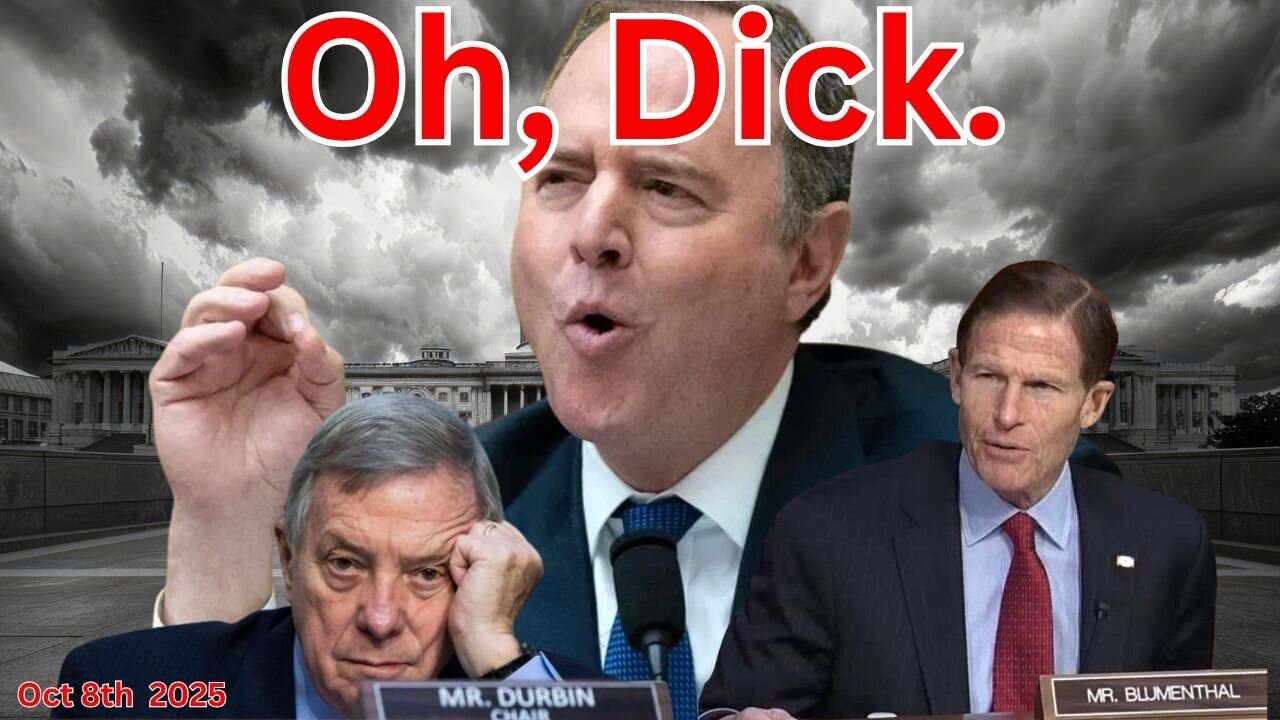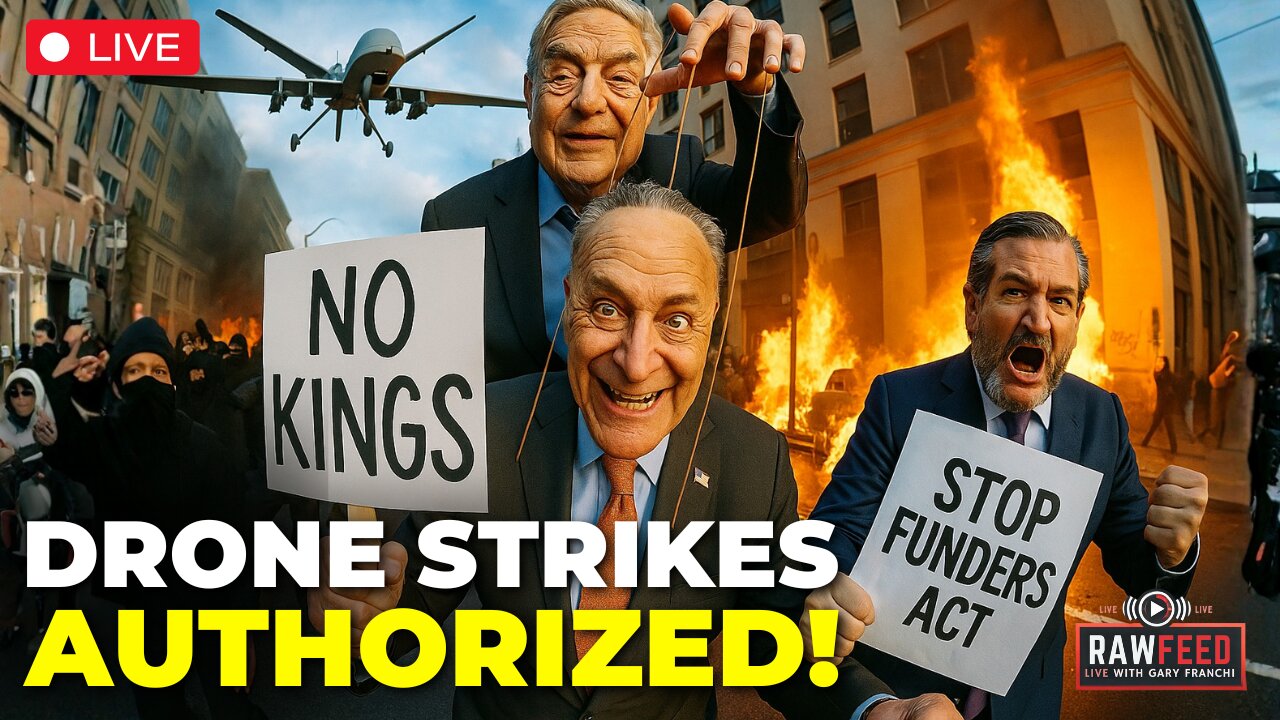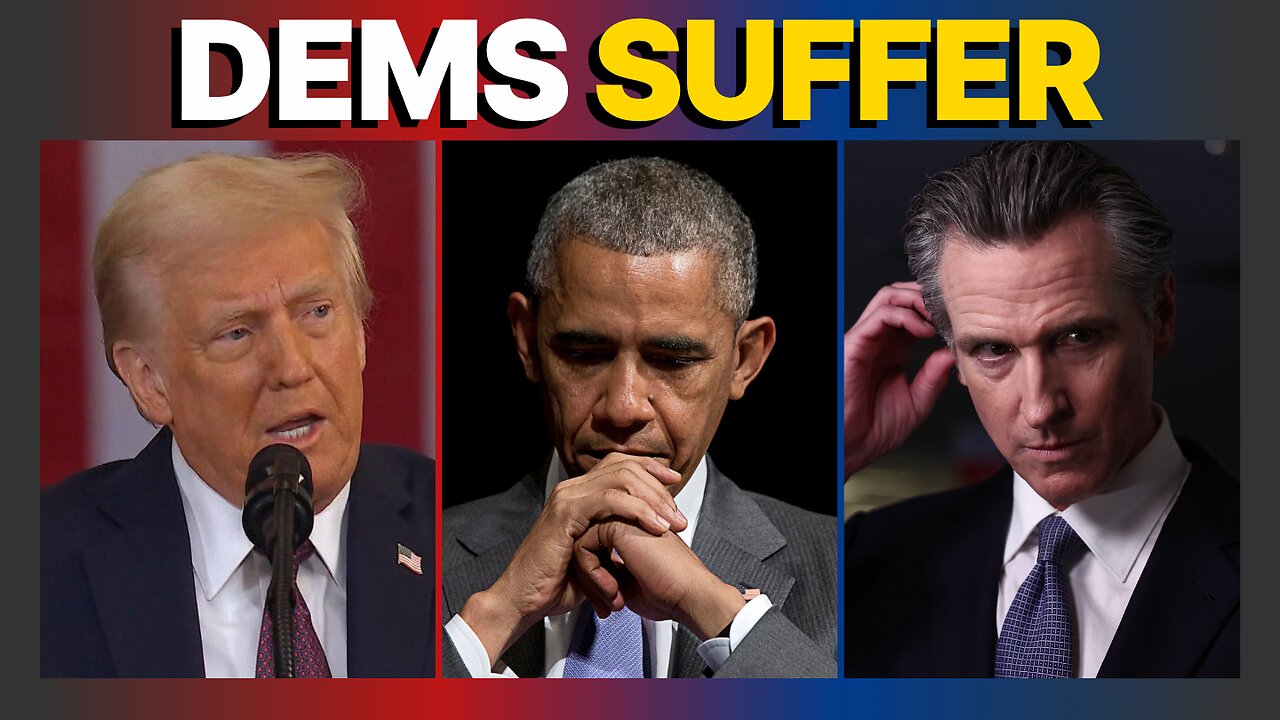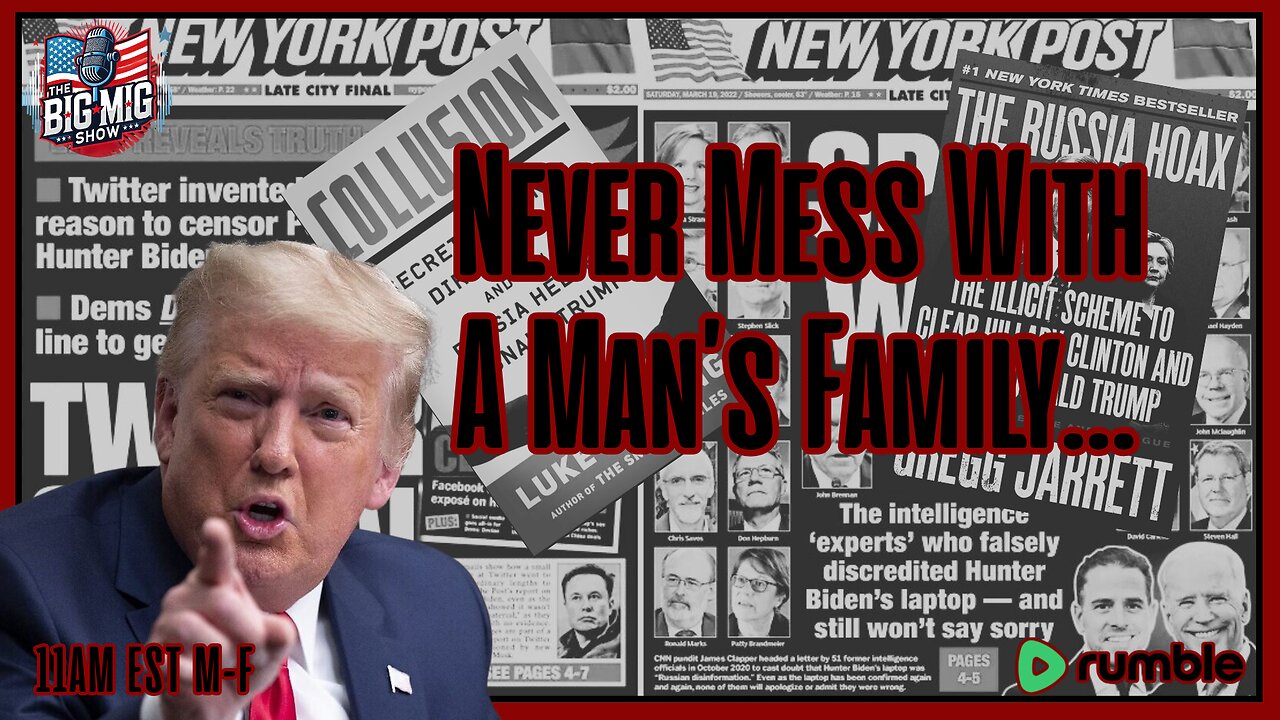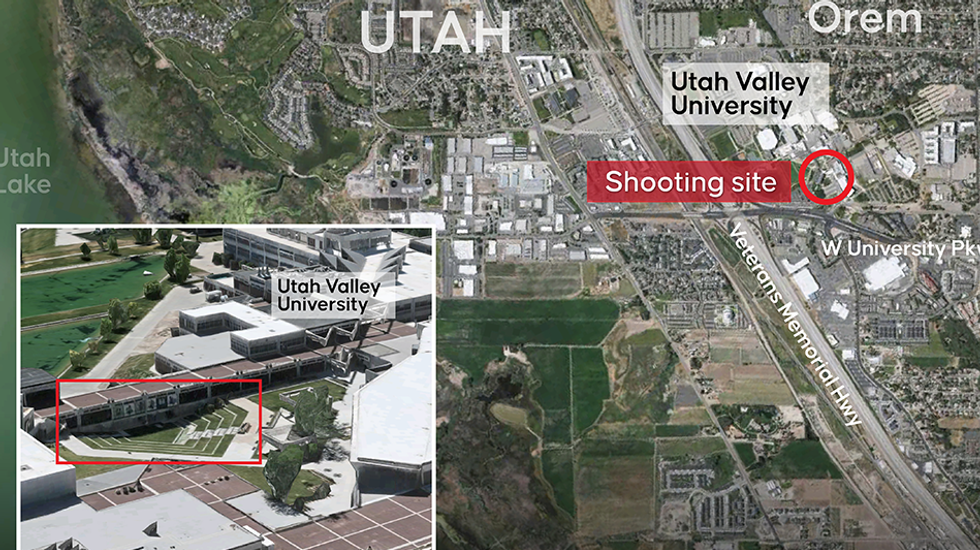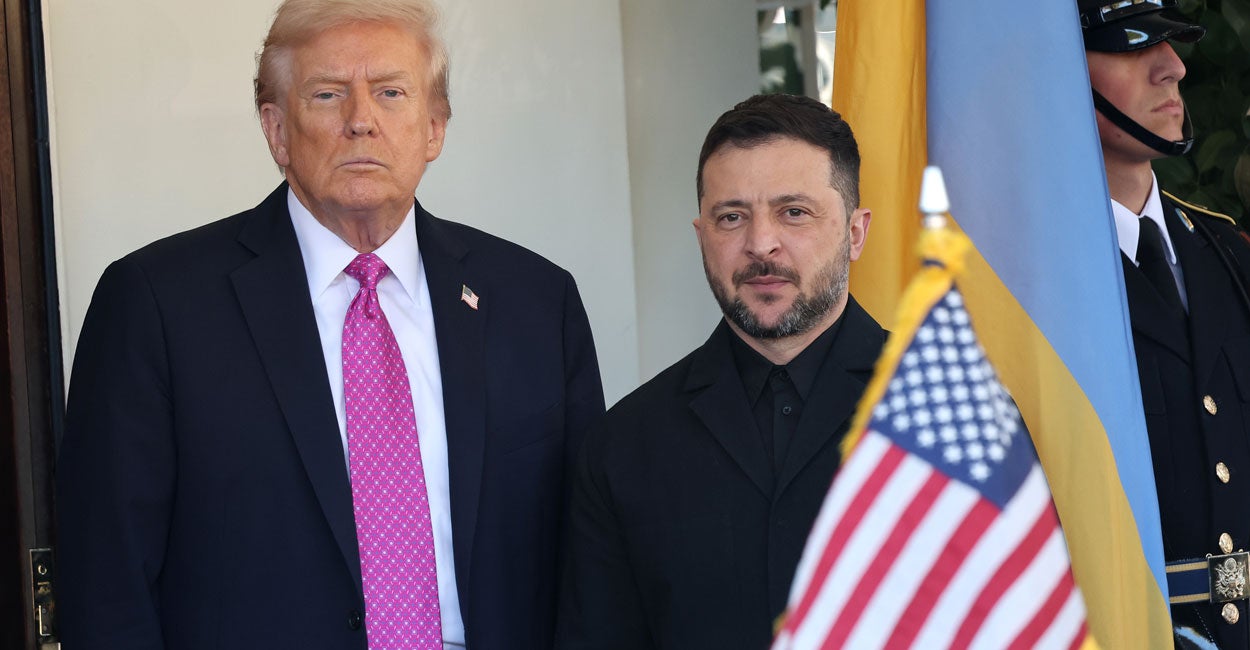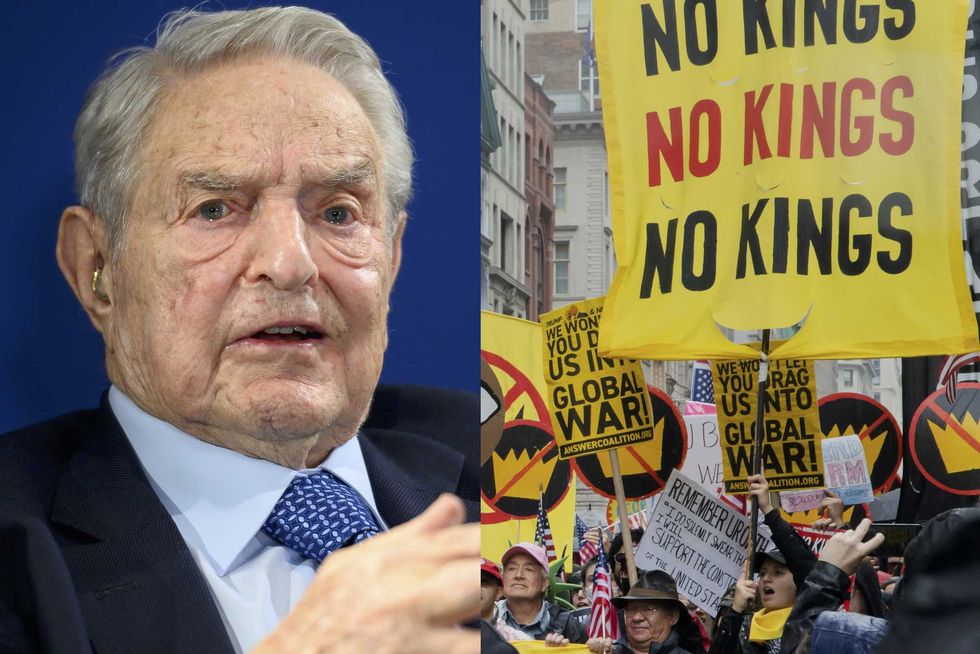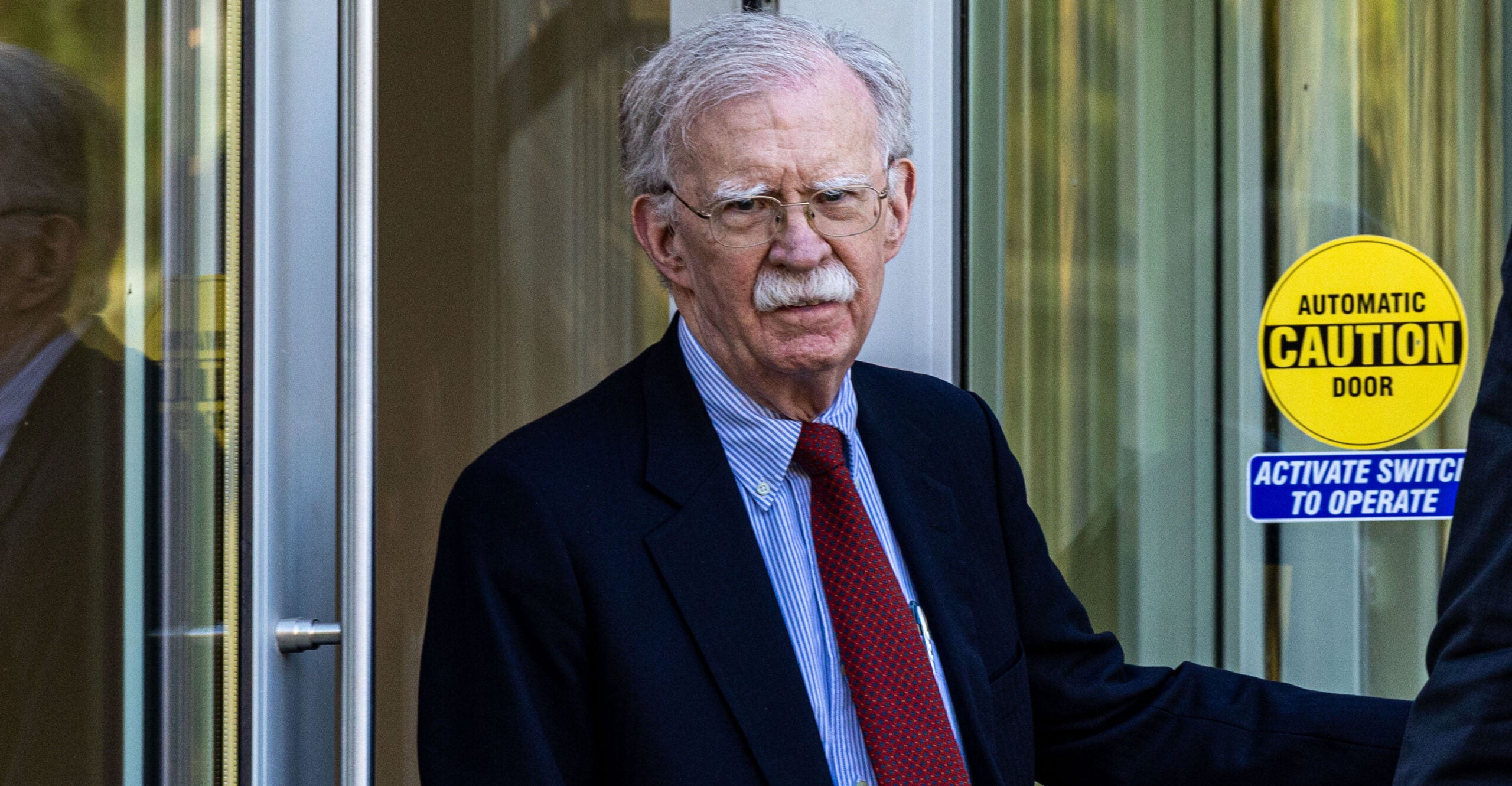How ESG Scores Became The New Weapon In The War On Israel

Ever since the unconscionable horror of October 7 and the brutal war that followed, there’s been a disturbing uptick in corporate activists competing to have the worst possible takes on the conflict — and getting big business to share those takes. This activism is aimed not at establishing a serious way for America’s largest tech & defense companies to view the war against Hamas, but for foisting activist (i.e. non-fiduciary) objectives on the way they conduct their business involving it.
This is nothing new — last year saw a surge in anti-Israel activism at numerous shareholder meetings, albeit not activism that resonated with the shareholder audience (in fact, its influence is notably decreasing). Why, then, does this activism persist? This Tuesday, we got a rare sneak peak at the real reason.
Intel is one of the largest private businesses operating in Israel. The company has been in the country since 1974 and is maybe the most crucial company in the Israeli high-tech sector, with other major corporate actors like Nvidia & Apple also maintaining major presences in the region. And yet, despite this 50+ year business relationship that’s not only created tremendous wealth for Israel but generated massive return for Intel shareholders across the globe, corporate activists aren’t happy. Again, nothing new. But at Intel’s annual meeting on Tuesday, the company fielded a proposal urging the company not merely for risk analysis, but to divest from the country entirely.
Dubbed an “ethical impact assessment,” the shareholder proposal pushed Intel to consider the “moral & legal implications” of continuing to do business with Israel — many anti-Israel proposals, from TripAdvisor to Raytheon, couch the pressure to divest in innocuous, noble-sounding sentiments involving ethics and human rights (or borrow activist terms like ‘apartheid.’)
Activists at Intel argued that the company should completely “reassess [its] business relationship with Israel,” alleging that the human costs of war against Hamas are grounds for Intel to uproot its ties to a country it’s invested in for more than half a century. And then came the boom: “We risk exclusion from important ESG indices that screen for human rights compliance in conflict zones.”
There’s no analysis that could make it plainer than that. The real case for why Israel’s most consistent business partners should divest, at its heart, boiled down to ESG ratings. That’s the case: this long standing relationship, that both provides shareholder return and protects innocent civilian life in a just war against one of the world’s most brutal terrorist organizations, has to go so that Intel’s ESG score doesn’t suffer.

A display of missiles and drones at the Lockheed Martin Corp. booth at the DEFEA international defense exhibition in Athens, Greece, on Wednesday, May 7, 2025. Nick Paleologos/Bloomberg via Getty Images
The implicit premise here is, of course, that Israel’s actions to subdue Hamas and defend itself against a fighting force that expressly seeks its annihilation are incompatible with ESG dogma. And it’s not just Intel — today, Lockheed Martin shareholders will vote for the second year in a row on a shareholder proposal pushing the company to stop its similarly long standing relationship with Israel, arguing that Lockheed selling fighter jets renders it complicit in war crimes.
These activist narratives, while arguably nobly intentioned, make the perfect (i.e. a world where war apparently doesn’t involve business decisions and difficult questions) the enemy of the good (i.e. the real world). War has never been free of moral questions — and the philosophical questions involved in companies that operate in war-adjacent industries are real and worth discussing. But ESG-aligned activists are making it abundantly clear that their answers don’t pass muster.
Pushing a tech company like Intel to divest from an entire nation based on nothing more than chronically vague statements about human rights and a handful of Amnesty International articles opining about ‘apartheid’ (yes, that’s what activists put forward at the meeting Tuesday) isn’t a serious business argument. And pushing a weapons company like Lockheed Martin to stop selling weapons to a longtime business partner engaged in a just war, fighting terrorists that hide among innocent civilian populations, based on nothing more than vague language about “misalignment” with human rights policies, isn’t a serious business argument either.
Too often, ESG-aligned arguments boil down to profoundly unwise ideas wrapped in nice-sounding turns of phrase. Pressuring energy companies into wildly non-fiduciary net-zero commitments is portrayed as being “climate conscious.” Pressuring companies into providing puberty blockers for employees’ children is portrayed as “healthcare,” “corporate equality,” and “inclusion.” And now, pressuring companies to divest from Israel, not for demonstrated business but activist narratives that can’t acknowledge the existence of just war, is being portrayed as “responsibly reduc[ing] risk.”
Shareholders are increasingly rejecting these arguments — given their implicit premises, perhaps that’s not surprising. But it’s as good a moment as any to remember that nice sounding business words don’t mean anything without real moral arguments behind them. And if keeping your ESG score means disarming Israeli civilians being targeted by Hamas, that says more about ESG than it does about anything else.
* * *
Isaac Willour is an award-winning journalist focusing on race, culture, and American conservatism, as well as a corporate relations analyst at Bowyer Research. His work has been featured at outlets including USA Today, The Wall Street Journal, The New York Times Opinion, C-SPAN, and The Daily Wire. He is a member of the Young Voices contributor program and can be found on X @IsaacWillour.
The views expressed in this piece are those of the author and do not necessarily represent those of The Daily Wire.
Originally Published at Daily Wire, Daily Signal, or The Blaze
What's Your Reaction?
 Like
0
Like
0
 Dislike
0
Dislike
0
 Love
0
Love
0
 Funny
0
Funny
0
 Angry
0
Angry
0
 Sad
0
Sad
0
 Wow
0
Wow
0


